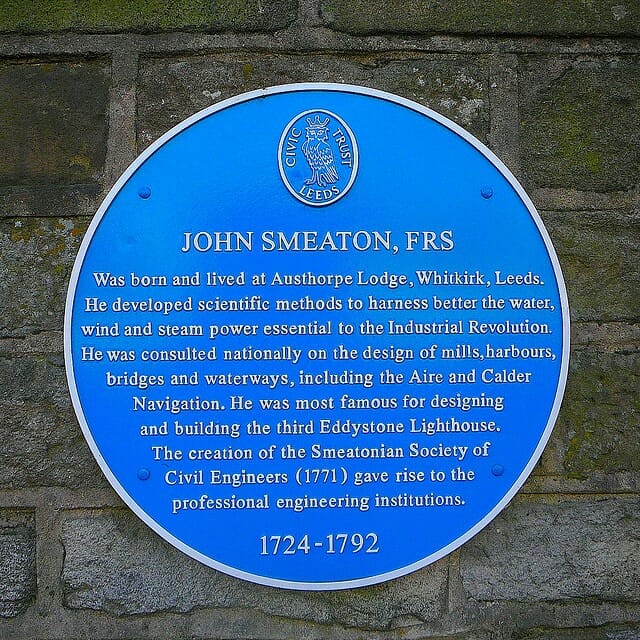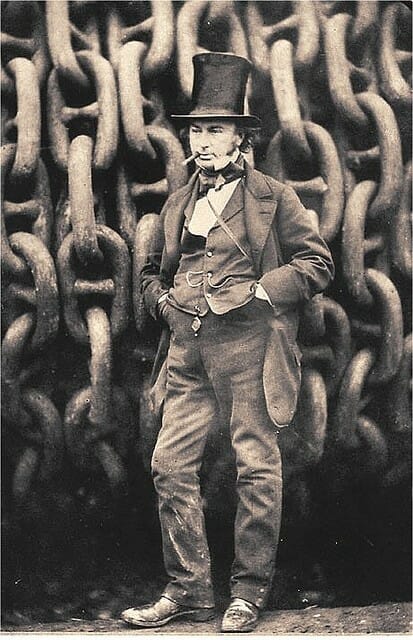
The Most Influential Engineers Throughout History
Without civil engineering, our buildings wouldn’t be constructed, our bridges wouldn’t be designed, and our roads wouldn’t be functional. Nearly every piece of infrastructure in society is the result of a civil engineering mastermind. These individuals provide practical solutions to overwhelming problems, advance science and technology, and turn theories into principles that improve daily life. Although the modern engineering industry owes a debt to hundreds of innovators over time, these are some of the most influential civil engineers throughout history.
VIATechnik was founded by Stanford engineering graduates and consists of engineers, architects, construction managers, estimators, software developers, and technologists. We’re passionate about solving and pushing the industry forward. Contact us about your project needs and to learn how we can work well with you or visit our BIM services to know more about our services.
Archimedes of Syracuse (287-212 BC)
Before the term “civil engineering” even had meaning, Archimedes of Syracuse was paving the way for generations that followed him. He invented the compound pulley, which turned out to be one of the most important inventions in history, and also developed engineering principles for fluid displacement.
John Smeaton (1724-1792)

John Smeaton is considered to be the first civil engineer and is often referred to as the “Father of Civil Engineering.” He worked to create windmills and waterwheels during the Industrial Revolution and published a paper about the correlation between pressure and velocity for objects moving through the air. Smeaton had an extensive series of commissions for the design of bridges, canals, harbors and lighthouses.
Benjamin Wright (1770-1842)
While Smeaton gets the title of “Father of Civil Engineering,” Benjamin Wright has been declared the “Father of American Civil Engineering.” He was the man in charge of constructing the Erie, Delaware, Hudson, Chesapeake, and Ohio Canals. Five of Wright’s nine children followed in their father’s footsteps and became civil engineers as well.
Squire Whipple (1804-1888)
Squire Whipple designed and built a weight lock scale that had a capacity of 300 tons, which proved especially useful to build bridges. He used his invention to weigh canal boats and also built several short-span iron bridges for the New York and Erie Railroad. Although his designs became known around the world, he’s perhaps best known for his work on the Erie Canal.
Isambard Kingdom Brunel (1806-1859)
One of the most versatile civil engineers in history is Isambard Kingdom Brunel, who became famous for designing tunnels, railroad lines, bridges, and ships. His most well-known accomplishment was creating the network of tunnels, viaducts, and bridges for the Great Western Railway that linked London to Bristol.
Henry Bessemer (1813-1898)

An Englishman, Sir Henry Bessemer, is credited for inventing the first mass-producing steel process that led to the development of the modern skyscraper. He patented a de-carbonization process that utilized blasts of air in 1855, and he was later knighted for his contribution to the scientific community.
Arthur Casagrande (1902-1981)
A former Harvard professor, Arthur Casagrande developed the design principles used in the construction of earth and rock dams throughout the world. While working as a consultant to the U.S. Army Corps of Engineers, he contributed to theoretical work in the field of soil behavior and the construction of many dams around the world.
Photo credits: Tim Green and Père Ubu via Flickr



